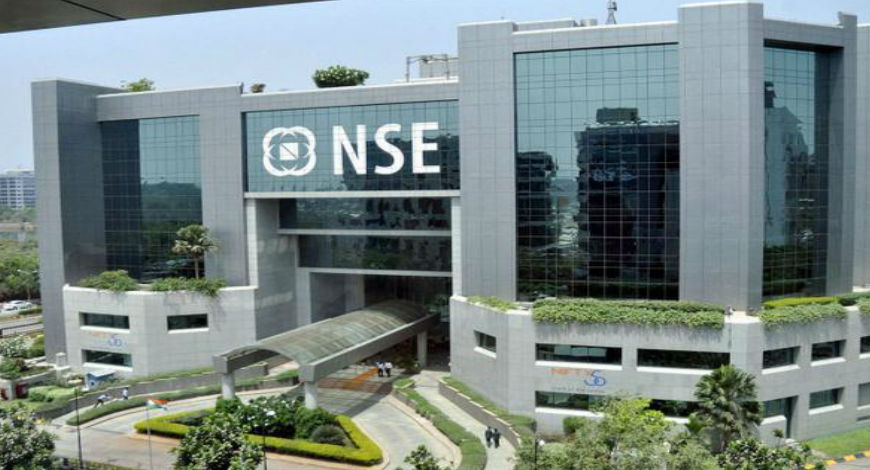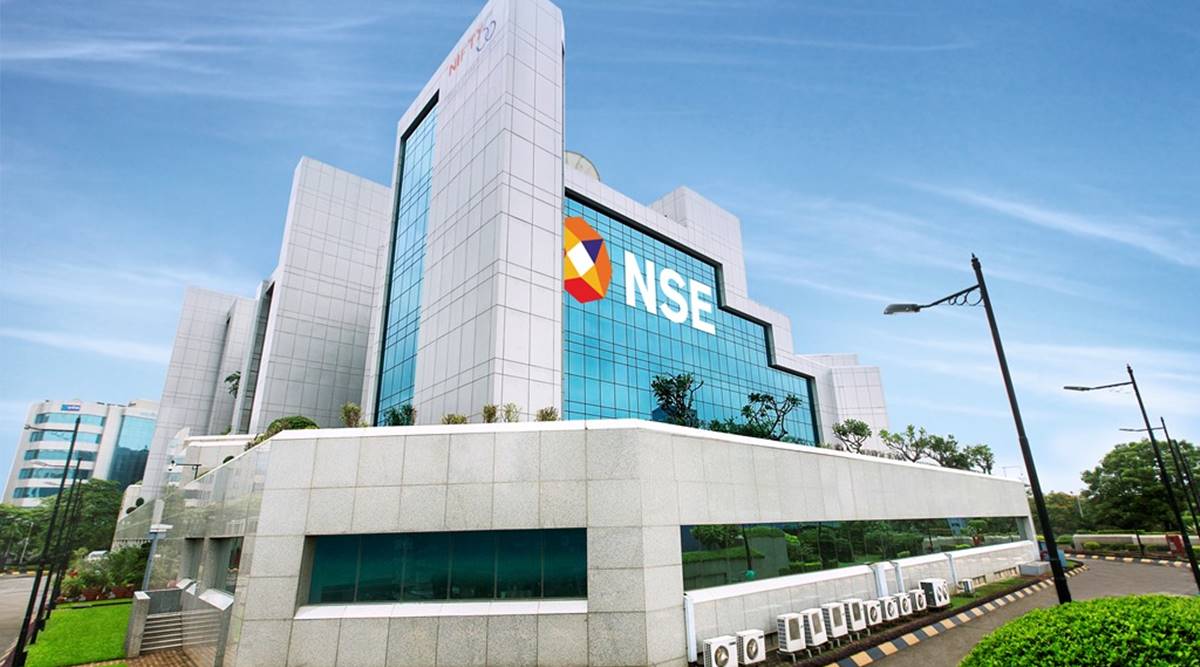NSE sees 6.33 million shares change hands in Sept, institutions pick up the most

NSE sees 6.33 million shares change hands in Sept, institutions pick up the most
In September, the National Stock Exchange of India (NSE) saw considerable activity, with a total of approximately 6.33 million shares changing hands. These transactions occurred at an average price of Rs 3,055 per share, resulting in a total turnover of Rs 1,860 crore.
During the same period, there was noticeable activity from different investor groups. Foreign portfolio investors (FPIs) acquired 4.36 lakh shares, while domestic investors purchased 29.8 lakh shares. On the other hand, non-resident Indian (NRI) investors sold approximately 34.17 lakh shares.

The price movements in September were significant, with the highest recorded price at Rs 3,600 per share, compared to Rs 3,935 a month earlier. Conversely, the lowest price was noted at Rs 2,200 per share, an increase from Rs 1,800 in the previous month. This led some brokers to speculate that these unusually low prices might be an indication of attempts to evade taxes, suggesting potential irregularities within some of the transactions.
Between 2019 and 2021, the share price of the National Stock Exchange of India (NSE) in the unlisted market surged to a range of Rs 3,500-3,600, primarily driven by increasing profitability and the anticipation of an initial public offering (IPO). However, in the past year, the average prices have retreated to below Rs 3,000.

Brokers involved in NSE stock transactions have highlighted a significant time lag of approximately four to five months, sometimes even longer, between the deal’s execution and the shares’ actual transfer, which occurs post board approval.
The robust demand for NSE shares comes as no surprise, considering the exchange’s impressive performance. Over the last three years, the NSE has secured its position as the world’s largest exchange in terms of the number of Futures and Options (F&O) contracts traded.
 Additionally, it maintains a monopoly in this space within India. Furthermore, the NSE has consistently expanded its market share in the cash market, growing from 83 percent in FY13 to 93 percent in FY23. These statistics highlight the NSE’s strong market position and sustained growth in recent years.
Additionally, it maintains a monopoly in this space within India. Furthermore, the NSE has consistently expanded its market share in the cash market, growing from 83 percent in FY13 to 93 percent in FY23. These statistics highlight the NSE’s strong market position and sustained growth in recent years.
The National Stock Exchange of India (NSE) continues to exhibit remarkable financial performance, with an impressive operating profit margin of nearly 70 percent, solidifying its position as the leading derivatives platform globally, according to data provided by the Futures Industry Association.
The ownership landscape of NSE shares has witnessed a substantial transformation over the last five years, with the number of affluent investors holding NSE shares skyrocketing. As of the end of FY21, only 650 individuals were reported to own NSE shares. This number has surged to over 4,300, including prominent names such as Radhakishan Damani, the founder of DMart, along with various industry leaders and well-regarded stock market investors.
In terms of financials, NSE demonstrated robust performance in the June quarter, reporting a consolidated net profit of Rs 1,844 crore, marking a 9 percent increase year-on-year. Additionally, the exchange’s consolidated income from operations for Q1 FY 24 amounted to Rs 2,987 crore, representing a substantial 13 percent year-on-year growth. Notably, the earnings per share rose from Rs 34.13 in Q1 FY 23 to Rs 37.26 in Q1 FY 24 on a consolidated basis, reflecting the company’s sustained profitability.
Regarding trading volumes, NSE’s cash markets experienced an average daily traded volume (ADTV) of Rs 83,540 crores in September, reflecting a 9.1 percent year-on-year increase. Similarly, equity futures recorded an ADTV of Rs 1,29,497 crores, indicating a growth of 10.3 percent year-on-year, while equity options (premium value) ADTVs stood at Rs 60,527 crore, reflecting a 5 percent year-on-year increase. These statistics highlight NSE’s robust operational performance and its strong standing in the Indian financial market.
The comparison between the National Stock Exchange of India (NSE) and its rival, BSE, reveals a significant valuation discrepancy, with the latter quoted at approximately 53 times trailing earnings. In the same vein, using a similar benchmark, NSE shares should theoretically command a value exceeding Rs 5,000 per share. Considering the premium associated with its dominant market share, the value could potentially rise even further, possibly exceeding Rs 7,000 per share.
In recent legal developments, in January, the Securities Appellate Tribunal (SAT) overturned the Securities and Exchange Board of India’s (Sebi) order against NSE in the colocation case, which had originally imposed a disgorgement penalty of Rs 625 crore on the exchange. Subsequently, in March, the Supreme Court declined to grant a stay on the SAT order and directed Sebi to refund Rs 300 crore to NSE, contingent on the exchange providing an undertaking to return the amount, along with interest, if Sebi’s appeal in the Supreme Court were to succeed.
The legal tussle originates from 2015 when complaints were filed regarding NSE providing unfair trading advantages to specific co-location clients. Despite the Supreme Court’s refusal to stay Sebi’s investigation, the subsequent developments have somewhat favored NSE, leading to the overturning of Sebi’s penalty and the refunding of a significant portion of the penalty amount. However, the case remains ongoing, and further legal proceedings might ensue in the future.






